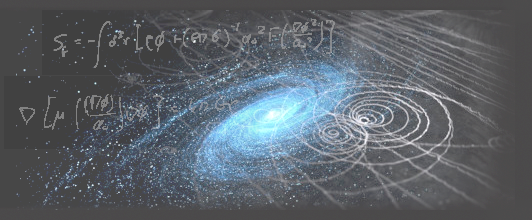Limiting global warming to 1.5ºC — or even something less ambitious — requires enormous changes in practically every sector of society. The question of climate sustainability in research and the academic system has received increasing attention over the past years, not least in the field of high-energy physics. This contribution will highlight some cornerstones of the discussion and recent...
By drawing parallels between linguistic structure and the formulation of Lagrangians — where fields, terms, and symmetry conservation resemble words, sentences, and grammatical structures — we explore the use of transformer architectures, specifically BART, for generating Lagrangians in particle theory. Trained on datasets of approximately 300,000 Lagrangians each, our models demonstrate high...
In this talk, we present a map of first-order electroweak phase transitions within the Standard Model Effective Field Theory (SMEFT), using modern dimensionally reduced effective field theory methods with careful attention to scale hierarchies and power-counting techniques. While previous works have focused on a few specific cases, we comprehensively map all possible scenarios, uncovering new...
I will demonstrate that the complete and non-redundant set of Landau singularities of Feynman integrals may be explicitly obtained from the Whitney stratification of a certain map. As a proof of concept, I leverage recent theoretical and algorithmic advances in their computation in order to determine this set for nontrivial examples of two-loop integrals. Interestingly, different strata of the...
I will discuss the importance of the Pythia event generator program as a critical infrastructure for any particle physics experiment, and for the LHC experiments in particular. I will describe how the collaboration developing Pythia is organised, and discuss how to ensure that the current level of development and support can be sustained.

